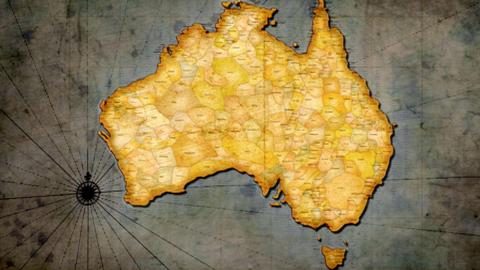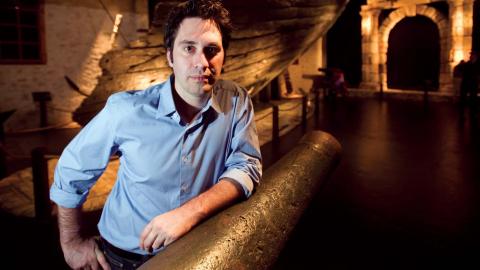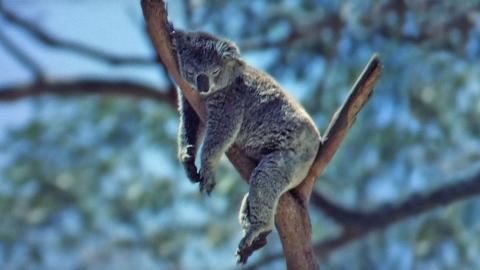

Australians at Work
Australians at Work: Working Life in Australia
Selected from the Film Australia Collection, the clips in this collection show everyday Australians at work in a variety of contexts.
From dusty outback cattle stations to suburban factories and isolated islands, Australians have been captured on film going about their work for more than a century.
Included here are nurses, canecutters, lighthouse keepers, scientists, artists and more.
These clips are an important historical record of Australia's changing cultural, economic and industrial landscapes from 1910 to the present day.
WARNING: this collection may contain names, images or voices of deceased Aboriginal and Torres Strait Islander people.
Main image: iStock.com/MarkPiovesan
The National Film and Sound Archive of Australia acknowledges Australia’s Aboriginal and Torres Strait Islander peoples as the Traditional Custodians of the land on which we work and live and gives respect to their Elders both past and present.


